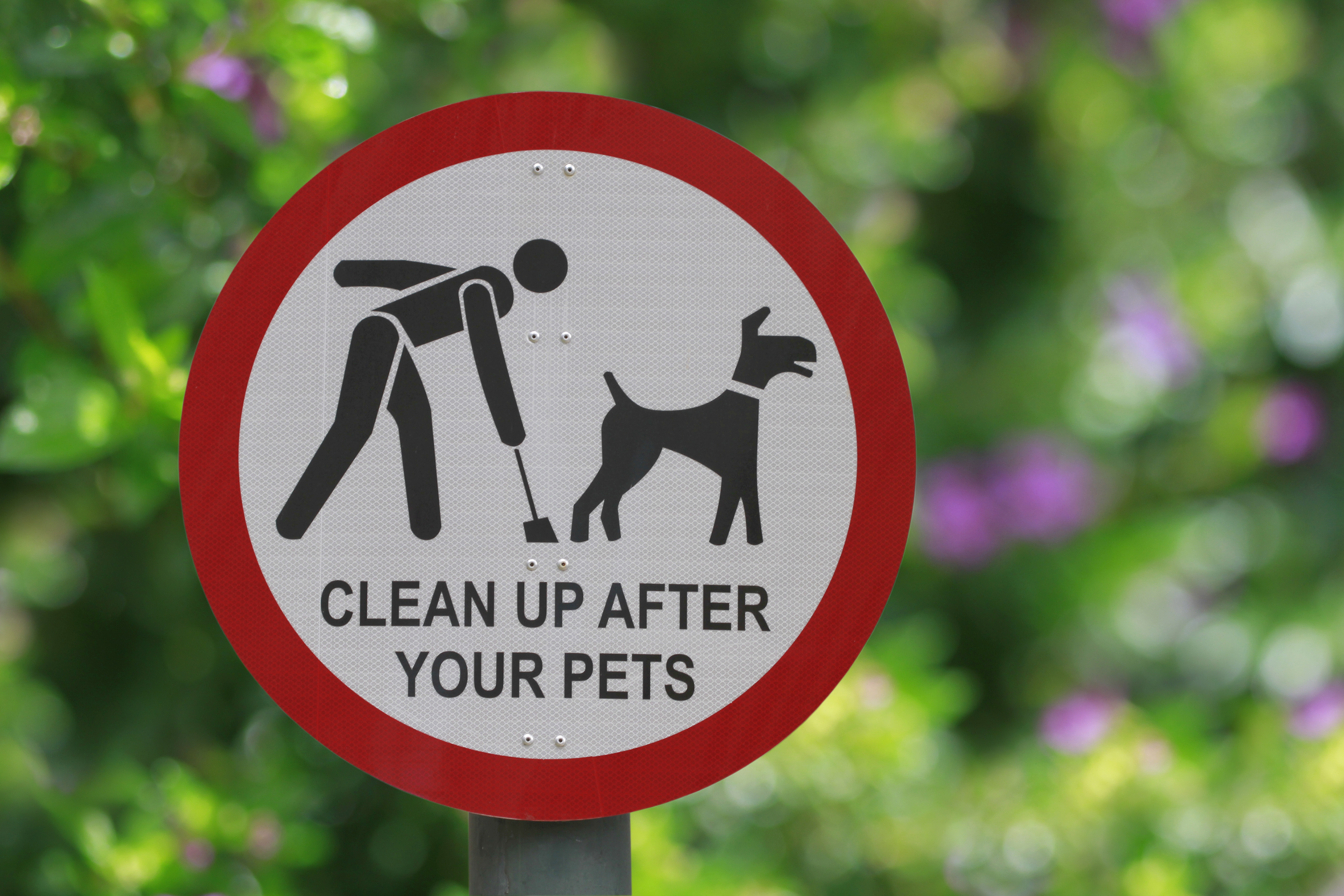
Sometimes profound insight comes in the most mundane places, even a dog park. A recent visit to my local dog park with my four-legged friend, Farley, deepened my understanding of what it means to be accountable.
In all of the cultural diagnostics that I have conducted in organizations around the globe, there has not been one that did not include Accountability in the top ten values and behaviours of the desired culture. Invariably this leads to executives asking, “What do our people mean by accountability?”
Defining Accountability
Depending on who you ask, there is a broad range of definitions. At one end of the spectrum, I hear managers equate accountability with imposed responsibility, characterized by believing they need to hold people accountable for their actions and mistakes. At the other end of the spectrum, leaders seek to foster a sense of self-directed ownership, characterized by a mindset of “I am the organization.”
Working with leaders, and in my own development, I have always defined Accountability as “being at cause” in one’s life. At the most profound level, operating from a mindset of “I have created everything that happens in my life, including what is done to me by others.” In other words, I create my reality, consciously and unconsciously with each choice I make.
Being at cause in one’s life, when things go wrong, or don’t turn out as we intended, we ask, “What can I learn about myself from this experience?” Carl Jung called this synchronicity: “We attract experiences to ourselves to become conscious of limited or restricted parts of ourselves in order to transform.”[i]
This definition of accountability can feel daunting. There is no place to hide from owning our part in our life experiences. Discomfort with being fully accountable for everything that happens in our life can trigger resistance to this concept of profound personal accountability. The most common pushback I hear is, “There are things that happen to us that are not our fault.” Yes, and accountability has nothing to do with fault.
Accountability versus Fault
Fault lays blame and is the antithesis of accountability. When I place fault with another, I absolve myself of any responsibility for my part in what happened. When I fault myself, I make myself wrong and move into an unproductive place of shame or guilt. In both cases, I rob myself of the opportunity to learn from the experience so I can make different choices in the future.
Operating from a mindset of profound personal accountability, we recognize that in any situation each person involved has played a part in the outcome. I can only own the part that I have played – intentionally or unintentionally – in the outcome. It rests with each player in the situation to make their own choice to be at cause. I may influence others’ choice by what I choose to own and be accountable for, but the choice to be at cause is theirs alone to make.
Holocaust survivor and psychiatrist, Viktor Frankl, describes the choice we make in every situation: “We who lived in concentration camps can remember the men who walked through the huts comforting others, giving away their last piece of bread. They may have been few in number, but they offer sufficient proof that everything can be taken from a man but one thing: the last of the human freedoms – to choose one’s attitude in any given set of circumstances, to choose one’s own way.”[ii]
Having spent the past two decades exploring accountability personally and professionally, I thought I had a good handle on what it means for me. Then Farley and I walked into the dog park.
Accountability in Every Moment
During our visit, Farley trotted off to do his business on the far side of the park. (Why I have created a dog in my life that requires the privacy of distance to perform such tasks is separate story.) As a responsible pet owner, I stroll over to Farley’s preferred toileting location to pick up what he has left behind. Reaching my destination, I see not just Farley’s contribution but also a large pile left behind by a significantly larger dog.
Immediately the voice in my head starts raging, “Who are these people that don’t pick up after their dogs?! Who do they think is doing to clean up their dog’s crap?!” On and on I go, my self-righteous inner critic in hyperdrive. I work myself up into quite the state whilst standing over two piles of poo.
And then I stop, take a breath and really notice what’s going on for me. I am hijacked and immersed in the blame game, casting fault with the best (or least) of them. I am not living from a place of accountability in this moment.
Realization dawns: this dog park is life. If Accountability is a way of being in every moment, then the choice I make next defines my ability to truly be at cause in my life. I look at the poo. I look around the dog park, and I ask myself, “What do I really want in this moment?” The answer: a clean park where I can walk around without fear of stepping in it. Getting angry, frustrated or looking for who to blame, I end up feeling upset and still don’t have what I want. I have to ask myself, “What am I willing to do to have the world I want?”
Accountability becomes quite simple: When a situation, a relationship, or an outcome is not what I want, what am I willing to do to create what I want?
What do I choose to do as I reflect on this at the dog park? I pick up
the poo and move on with my day, secure in the knowledge that there is one less
mess for me to step in.
[i] Carl Jung (1973) Synchronicity: An Acausal Connecting Principle
[ii] Viktor E. Frankl (1946) Man’s Search for Meaning

